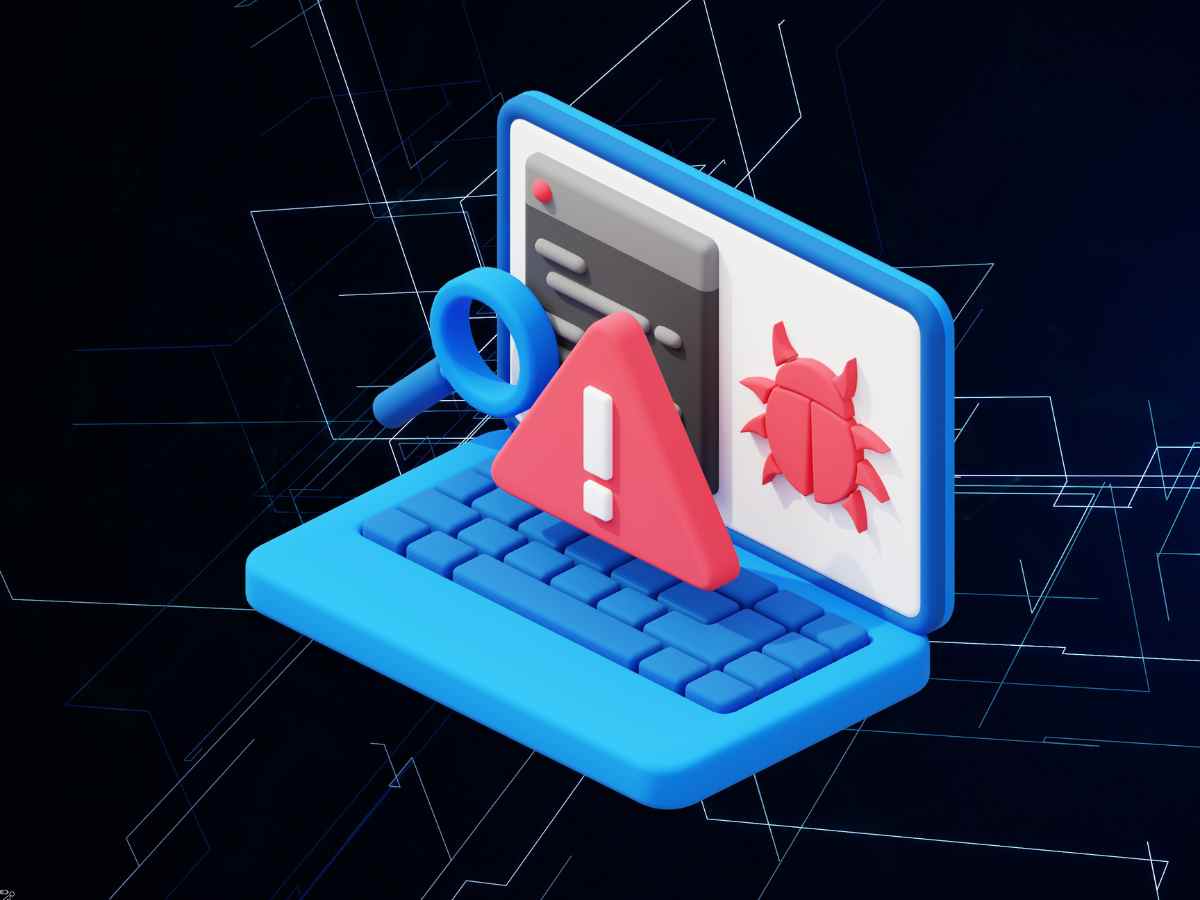Imagine you’re on a ship sailing through strong waves facing wild storms. The turbulent sea makes the journey perilous and uncertain, but your crew has individuals with unique skills and a shared goal to reach Treasure Island. Your crew navigates through this challenging journey and reaches the destination. Sounds fun, right? That’s the power of teamwork. Whether you’re brainstorming in the office or working together on a group project, the secret sauce to success is teamwork and collaboration. It’s not about being the best on your own but about everyone rowing in sync. In this article, we’ll discuss how teamwork turns obstacles into opportunities and makes the journey more exciting than the destination! Ready to set sail? Let’s dive in!
The Importance of Teamwork
Work gets easy and fun when you are working in a collaborative and supportive environment. Teamwork is an essential component of success, in every field, whether playing in a sports team or working in an office.
1. Amplified Strengths and Talents
The advantage of teamwork is the ability to combine individual strengths. Every individual of the team brings unique skills, experiences, and perspectives. When these abilities are harnessed effectively, a team can achieve far more than any individual could alone. For example, in a business setting, one person might excel at research, another in communication, and a third in management. Together, they can complete tasks faster and more efficiently.
Teamwork also helps cover weaknesses. Where one person might fall short, another can step in, ensuring the team’s overall performance doesn’t suffer. This mutual support helps maintain a balanced and effective workflow.
2. Innovation and Problem Solving
When diverse minds come together, innovation thrives. A diverse team can see problems from multiple angles, leading to creative solutions. Brainstorming sessions, for instance, often create ideas that spark further developments, allowing a group to break through obstacles more efficiently than an individual would.
Furthermore, teams can work together to overcome challenges by considering different viewpoints. Teams are better equipped to identify the most efficient or innovative way to solve a problem.
3. Enhanced Learning and Development
The best part of working together is learning and growing by helping each other. It helps you to discover new methods, ideas, and practices. You learn new skills and creative solutions, which take more work to learn solo. By providing feedback and seeking feedback, you learn, grow and create an environment where everyone can improve.
Collaboration teaches critical soft skills like communication, conflict resolution, and leadership. These skills are not only helpful in professional success but are also valuable in personal relationships.
Key Elements of Successful Teamwork
1. Clear Goals and Roles
For a team to work effectively and collaboratively, it is essential for all members to understand the overall objective and their specific role within the group. This clarity prevents confusion and ensures efforts are directed towards a common goal. Everyone should know what is expected of them and how their contributions are valuable to the team.
When roles are well-defined, team members can work more autonomously. This leads to a smoother workflow and less micromanagement.
2. Open and Effective Communication
Effective communication is the foundation of teamwork. A good communication is essential to avoid misunderstandings and conflicts that lead to missed deadlines. Effective communication is all about active listening, conveying ideas, providing constructive feedback, and being transparent about challenges.
While working in a team, it is important to create an environment where everyone feels comfortable sharing their ideas. It leads to better decision-making and better solutions.
3. Mutual Trust and Respect
The strongest teams are built on trust. Trust is an essential ingredient for successful teamwork. Teams who trust each other are more likely to complete their task effectively, take risks, share ideas, and ask for help. Building trust involves being reliable, honest, and supportive. Respecting each other’s ideas and contributions also fosters a positive atmosphere where everyone feels valued.
4. Flexibility and Adaptability
Challenges are a part of any collaborative effort. Everyone must remain flexible and adaptable, ready to adjust their plans and strategies when necessary for teams to succeed. This requires openness to feedback, learning from mistakes, and constantly seeking improvement. Adaptability also means recognizing when roles need to shift or when certain methods aren’t working.
Overcoming Challenges in Teamwork
1. Managing Conflict
Conflict is a natural part of teamwork. When working with different people, disagreements are bound to arise. The key to overcoming conflicts is addressing them early. Teams should establish clear guidelines for resolving disputes and focus on finding common ground.
Rather than seeing conflict as a negative force, view it as an opportunity for growth. Teams can improve their bond and collaboration through open discussion and compromise.
2. Balancing Individual and Group Needs
While teamwork is about collective effort, it’s important not to lose sight of individual needs. Each team member has unique strengths, preferences, and working styles, which should be acknowledged and respected. Finding the right balance between group goals and individual contributions helps maintain motivation and prevents burnout.
3. Avoiding Groupthink
Groupthink occurs when the desire for consensus leads to poor decision-making. To avoid this, encourage diversity of thought within the team. It’s essential to create a culture where dissenting opinions are valued, and alternatives are thoroughly explored.
Conclusion
Remember, strong teams are built on trust. Teamwork is the secret weapon that can unlock success in any situation. When individuals combine their strengths, they spark innovation, creating an environment where big ideas thrive and everyone feels supported. With clear goals, open communication, and a foundation of trust, a team can achieve success, which is difficult for a person alone.
Teams grow stronger, more robust and more resilient by resolving conflicts, balancing personal needs, and embracing diverse viewpoints. It fuels learning, personal growth, and makes the journey more rewarding for everyone involved.






